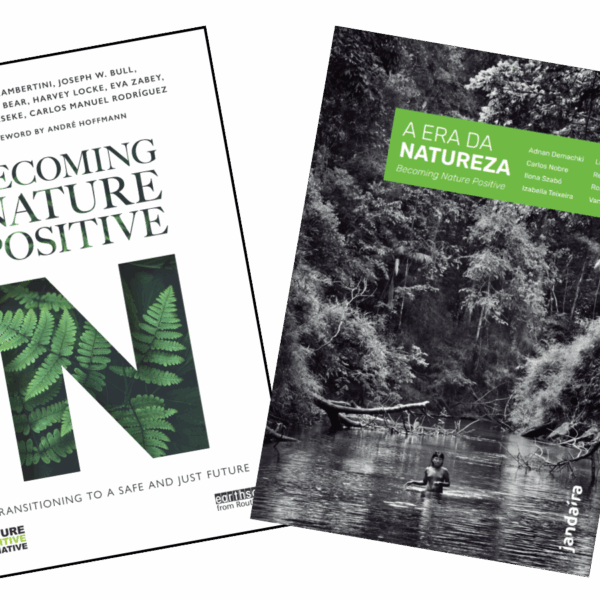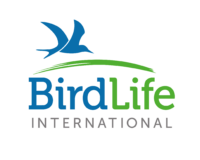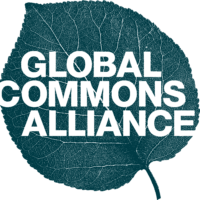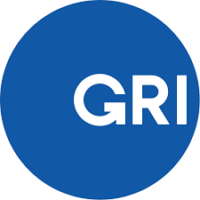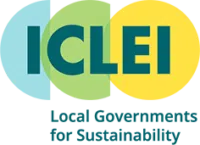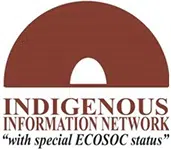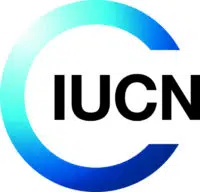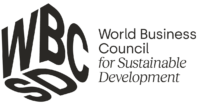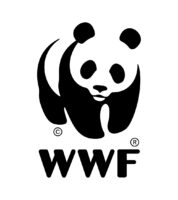
- Ahead of CBD COP16 in Colombia, a practical set of ‘State of Nature Metrics’ is unveiled to drive action to address the biodiversity crisis and deliver on the Global Biodiversity Framework.
- The Nature Positive Initiative launches global consultation on newly aligned metrics, which aim to provide a measurement framework on the state of biodiversity.
- Global consultation now open, following extensive stakeholder engagement from over 100 organizations, offering participants the chance to shape a much-needed tool to drive action at scale and measure genuine nature-positive outcomes, for people and the planet.
Sydney, 8th October 2024: A coalition of 27 leading sustainability organizations, united through the Nature Positive Initiative (NPI), today launched a consultation on a newly aligned set of standardized ‘State of Nature Metrics’. The metrics, unveiled at the Nature Positive Summit in Sydney, represent the first universal approach to measuring the state of nature, potentially transforming how businesses, financial institutions and other key stakeholders embrace action and report on nature-positive outcomes.
The final version of ‘State of Nature Metrics’, planned for release in January 2025, will ensure a standardized and comparable way of measuring progress towards the global goal to halt and reverse biodiversity loss by 2030, as agreed in the Kunming-Montreal Global Biodiversity Framework (GBF). Its mission sets, for the first time, a clear and measurable global goal, fully consistent with the definition of nature positive. The metrics offer a solution to the current overwhelming and fragmented landscape of biodiversity metrics, addressing rising demands from businesses and investors to assess their impacts and dependencies alongside GBF requirements.
Marco Lambertini, convener, Nature Positive Initiative, commented: “Nature’s rapid decline threatens global economic stability and human welfare, yet there is no common approach to measure nature’s decline or recovery. This presents a significant challenge for organizations and also an excuse for inaction, evidenced by the fact that only 6% of Fortune Global 500 companies have developed targets to address their impacts on biodiversity.
“‘Nature Positive’ isn’t just a slogan; it’s a measurable goal to halt and reverse nature loss by 2030, against a 2020 baseline. To drive the shift required to meet this goal, we need globally standardized metrics that enable us to measure the state of nature, which in turn will accelerate action across society. This consultation aims to build consensus on a minimum viable set of metrics, striking the balance between rigor and practicality. For any organization serious about nature and concerned of its long-term viability and risk management, adopting these metrics to inform their actions will be essential.”
The proposed State of Nature Metrics are organized around four core indicators related to ecosystem extent, ecosystem condition, landscape intactness and species extinction risk.
They are designed to integrate into existing measurement frameworks such as the Taskforce on Nature-related Financial Disclosures (TNFD), the Science Based Targets Network (SBTN), and the Global Reporting Initiative (GRI). They will also support companies in meeting upcoming obligations to reporting against the EU’s Corporate Sustainability Reporting Directive (CSRD). They are specifically designed to make nature-related reporting easier and more standardized.
Tony Goldner, Executive Director, Taskforce on Nature-related Financial Disclosures (TNFD), commented: “In today’s world, where businesses are increasingly held accountable for their actions on climate and nature, understanding their impact on biodiversity—whether positive or negative—is critical. Companies need a single set of science-based and practical metrics to help them assess and report on their impact on nature. We invite all businesses to join us in the development of the ‘State of Nature’ metrics, by taking part in the consultation and helping to ensure the metrics are practical for real-world applications.”
The metrics were developed through an extensive six month stakeholder engagement programme, with support from EY and The Biodiversity Consultancy, involving over 100 organizations including conservation groups, Indigenous forums, scientific institutes and private sector firms. The process distilled more than 600 existing metrics into a robust, credible and practical set for widespread adoption.
Alexandra Banks, EY Global Nature Leader, said; “These metrics are nothing short of a game changer. Nature loss is one of the most pressing issues of our time, and it is difficult to overstate the impact that consensus on measurement could have on global efforts to halt and reverse the problem.”
“Gaining consensus is no mean feat – and we have worked hard to engage with key stakeholders around the world and to bring our deep experience of non-financial reporting and global business issues to the table in an effort to produce metrics that will work. But once we have agreement, we will have a compass to guide our collective efforts towards verifiable, nature-positive outcomes and a key to unlocking the capital that is so vital for progress towards a truly sustainable world. Businesses will finally be able to provide the transparency and accountability necessary to protect the health of our planet and the stability of our global economy.”
The consultation paper titled ‘Building Consensus on State of Nature Metrics to Drive Nature Positive Outcomes’ states that while nature is complex and no single metric can fully capture the state of nature, a minimum set of metrics is required to gauge whether nature is in recovery.
The online consultation, launched at the Global Nature Positive Summit in Sydney, Australia and the IUCN Leaders Forum in Geneva, Switzerland, runs until 4th [extended to 13th] November 2024, inviting input from businesses, financial institutions, regulators, assurance providers, policymakers, scientists, academics and Indigenous and local communities. Participants have the opportunity to shape a much-needed tool to drive action at scale and measure genuine nature-positive outcomes, for people and the planet.
ENDS
Notes to editors
Media contacts
For more information, comments or interviews, please contact:
- Oliver Courtney oliver.courtney@greenhouse.agency +61 477 144 903 (Australia)
- Rachel Parkes rachel.parkes@greenhouse.agency +44 777 565 2919
- Emily McCoy emccoy@naturepositive.org +44 7389 819301
About the State of Nature Metrics consultation
The ‘Building Consensus on State of Nature Metrics to Drive Nature Positive Outcomes’ consultation is open from 8th October to 4th November 2024. The feedback form will be available here: https://www.naturepositive.org/metrics
In-person consultations will take place during the UN CBD COP16 in the Nature Positive Pavilion on the 23rd and 29th of October. See programme details: https://www.naturepositive.org/events/nature-positive-at-the-un-cbd-cop/nature-positive-pavilion/
About The Nature Positive Initiative https://www.naturepositive.org/)
The Nature Positive Initiative (NPI) is made up of 27 of the world’s largest nature conservation organizations, including ANCA; BirdLife International; Business for Nature (B4N); Campaign for Nature; Capitals Coalition; Climate Champions; Global Commons Alliance (GCA); Global Reporting Initiative (GRI); ICLEI – Local Governments for Sustainability; International Indigenous Forum on Biodiversity (IIN); InTent; International Union for Conservation of Nature (IUCN); Nature4Climate (N4C); NatureFinance; Nature Positive Universities; The Pew Charitable Trusts; Potsdam Institute for Climate Impact Research (PIK); Science Based Targets Network (SBTN); The Nature Conservancy (TNC); Taskforce on Nature-related Financial Disclosures (TNFD); UN Principles for Responsible Investment (PRI); World Business Council for Sustainable Development (WBCSD); World Commission on Protected Areas (WCPA); Wildlife Conservation Society (WCS); World Resources Institute (WRI); and World Wide Fund for Nature (WWF).
The NPI is backed by the Nature Positive Forum, almost 150 organizations and institutions that have committed to uphold the definition of Nature Positive by 2030 and pursue action to secure a nature positive world.
The Initiative brings together voices from around the world, across a variety of sectors, to call for accelerated action on the GBF. In particular, it seeks to establish and unify everyone behind a common definition of Nature Positive and drive action towards nature-positive outcomes.
About the Nature Positive Metrics
The Nature Positive Metrics are quantifiable indicators used to measure and assess the condition and trends of natural ecosystems, biodiversity, and environmental health. These metrics aim to ensure that activities contribute positively to biodiversity and ecosystem health, ultimately leading to a net gain in nature.
